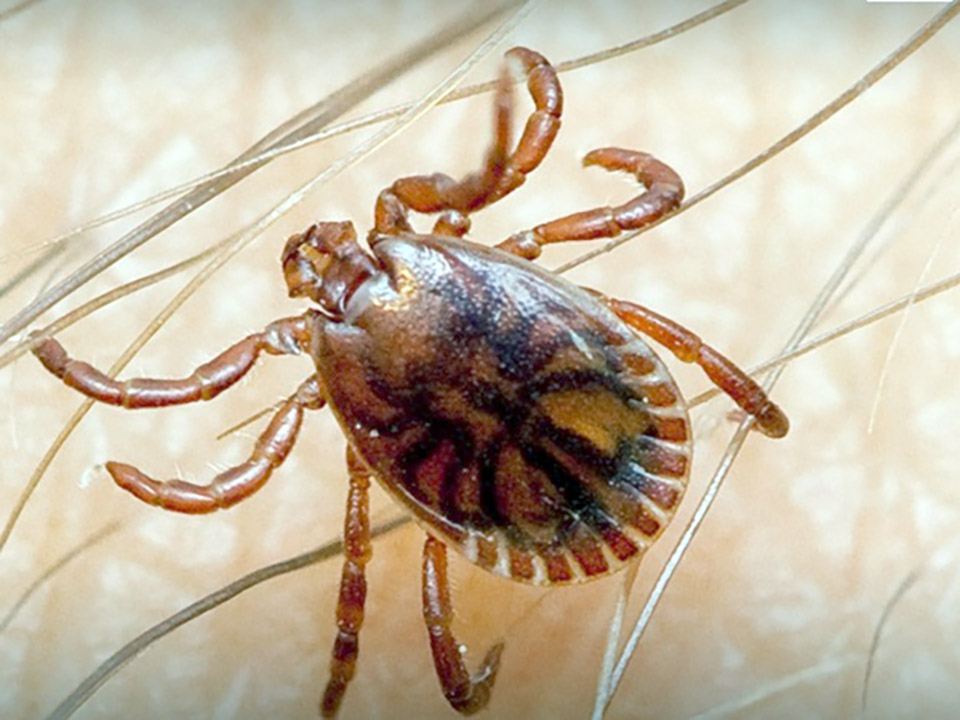
The Department of Disease Control (DDC) has assured the public that no cases of Crimean-Congo hemorrhagic fever (CCHF) have been detected in the country.
CCHF, classified as a dangerous communicable disease by the World Health Organization (WHO), has been spreading in parts of Eastern Europe, the Middle East, Africa, and Asia, with a fatality rate ranging from 30 to 40%.
On July 28, DDC Director-General Dr Thares Krassanairawiwong stated that Thailand has not reported any instances of CCHF so far.
CCHF is caused by the tick-borne Nairovirus and is transmitted through ticks commonly found in animals such as cattle, goats, and sheep. The virus can be passed on to humans through various forms of contact with infected animals. The symptoms of CCHF include fever, muscle aches, dizziness, headache, vomiting, abdominal pain, diarrhea, sore eyes, and red spots on the body due to minor bleeding under the skin.
Dr. Thares advised individuals who have traveled abroad and suspect they might have contracted the disease to promptly seek medical attention while emphasizing the importance of providing detailed information about their trips and potential risk factors to their healthcare providers. He noted that this proactive approach can aid in early detection and appropriate management, ensuring the safety and well-being of individuals and preventing any potential spread of the disease within the country. (NNT)






